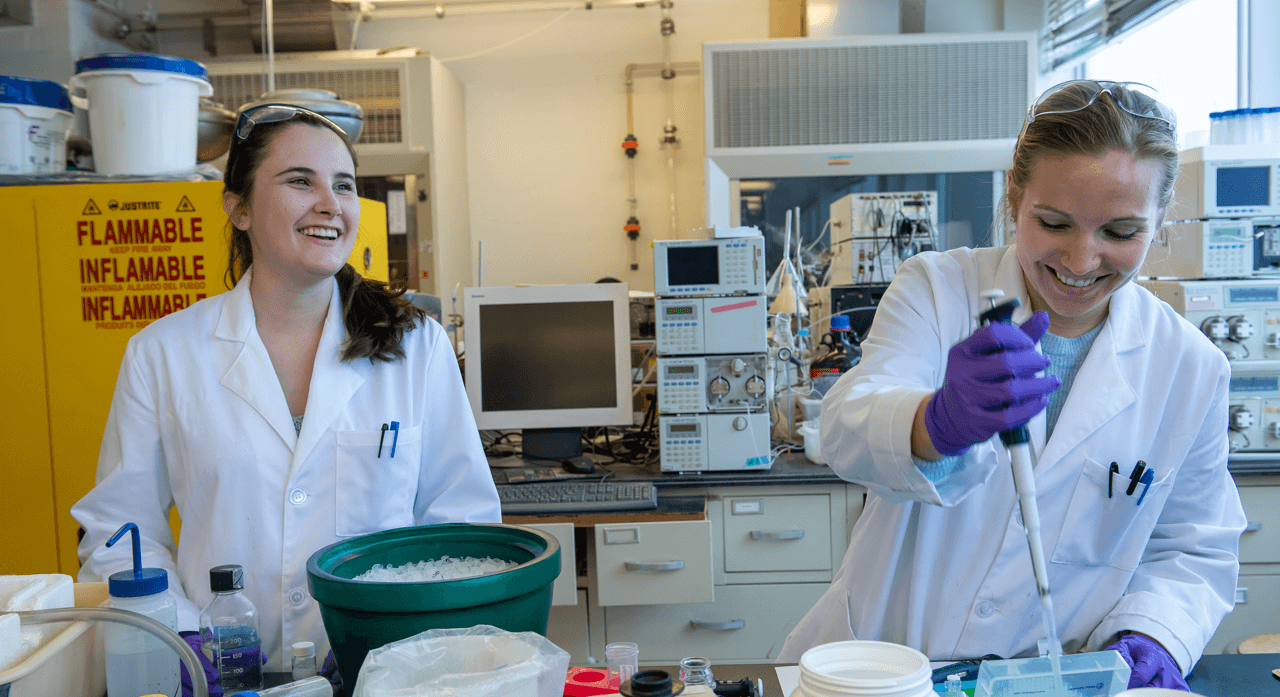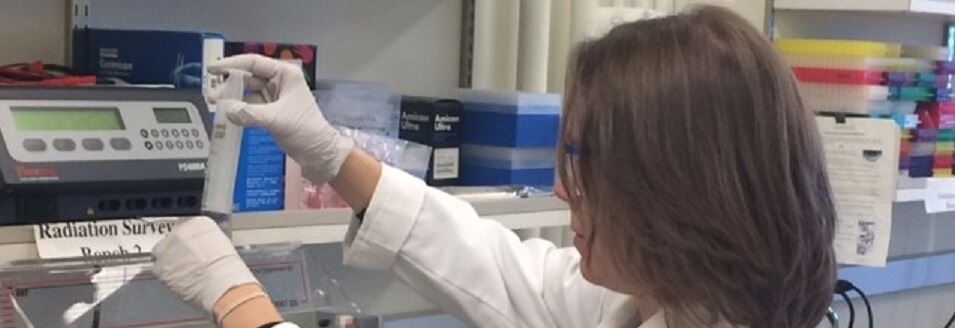More
Comprehensive Exams:
Phase I exam: The Phase I exam will occur within three weeks after the Spring semester exams (Year 1). Students must master material from coursework, seminars, and rotations, focusing on integrating first-year content and demonstrating foundational Biochemistry knowledge. The exam format (written, oral, or both) will be determined by the Departmental Graduate Studies Committee and communicated to students beforehand.
Satisfactory performance in this exam, along with good academic standing, is necessary to continue in the program.
Phase II Exam: MS students will take a written Phase II exam at the end of their first summer, presenting and defending their Master’s dissertation plan to a committee chosen by the student and their advisor. The Dissertation Committee consists of three members: the advisor, one department member, and one external member.
Written Phase II exam must include:
- 1 page of hypothesis-driven specific aims
- 1-2 pages of background/significance with references
- 1-2 pages of preliminary work, summarizing design/methods, submitted to the Dissertation Committee at least one week in advance
The presentation should detail the methodology for addressing specific aims. During the meeting, students will be questioned about their research scope, background, technical approach, alternative strategies, controls, and relevant coursework. Successful performance on this exam is also required for program advancement.


